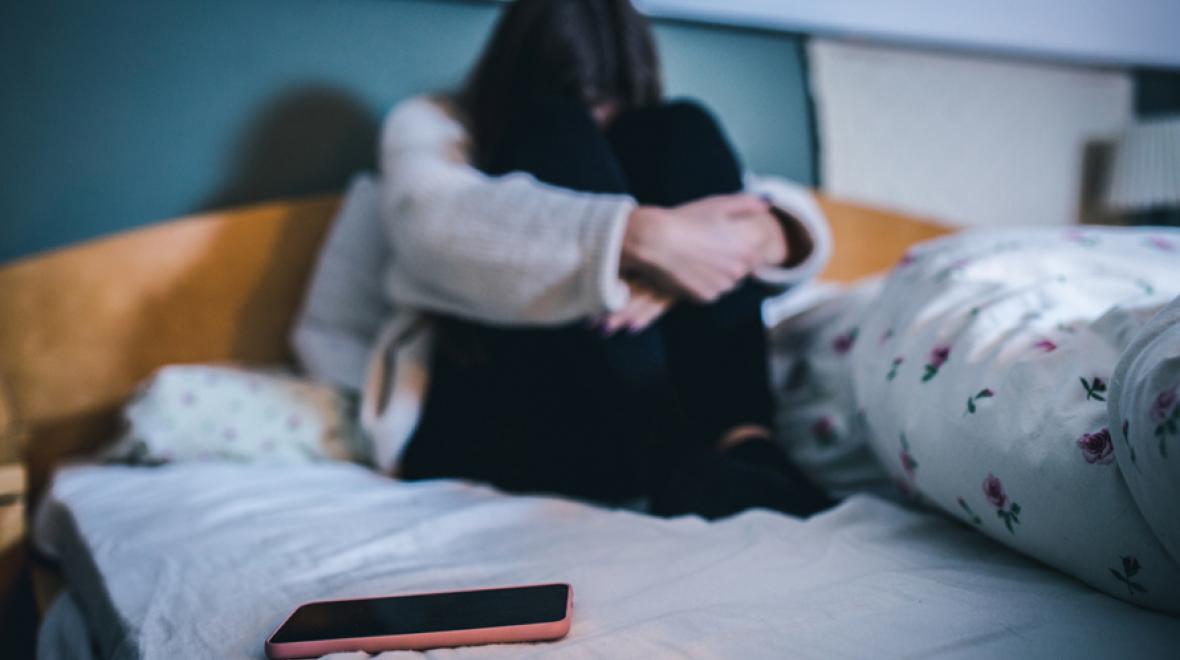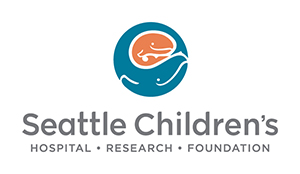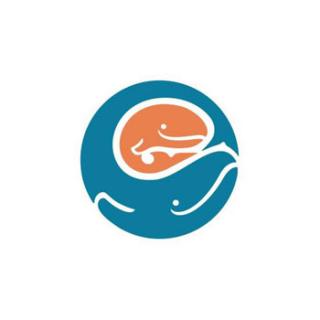
A teenage boy arrives at Seattle Children’s Emergency Department (ED) with an increased heart rate. His parents are scared and unsure of what could be causing their son’s pulse to spike. While the nurse takes the patient’s vitals, she asks him a series of questions about suicide — prompting the patient to share that he tried to overdose on prescription medication the night before. The nurse informs the provider, and an immediate plan is set in motion to further assess not only the patient’s physical health, but his mental health as well.
A 10-year-old girl enters the ED with a sprained elbow after taking a tumble on the soccer field. Her parents have been taking her to therapy to help with her anxiety, and the therapist communicates his findings with them often. Because she is so young, the therapist has never directly asked the patient if she’s ever had suicidal thoughts. After the ED nurse initiates suicide-screening questions, the girl admits that she has had thoughts about harming herself in the past. Prior to discharging the patient, a mental health evaluator shares resources and information about suicide with the family, and the provider contacts the patient’s therapist and asks that he address the girl’s suicidal thoughts during their next appointment.
These are just two stories of the more than 500 children who have screened positive for suicide risk in Seattle Children’s ED and inpatient settings over the past six months who presented for concerns unrelated to their mental health. These crucial “catches” were made with help from a new clinical pathway known as Seattle Children’s Zero Suicide Initiative (ZSI), a universal screening method to help identify and treat youth at risk of suicide.
This excerpted post was originally published on the Seattle Children's On the Pulse blog.

Asking the right questions
Suicide is a global public health problem and was the second-leading cause of death for youth ages 15 to 29 globally in 2016. On average, nearly four Washington youths died by suicide and two youths were hospitalized because of intentional self-injuries or suicide attempts every week in 2017.
“Because of the alarming statistics for children, and the fact that suicide risk is both under-identified and under-reported, we knew as health-care providers that we were responsible for change,” says Dr. Molly Adrian, Seattle Children’s psychologist and co-leader of the ZSI team. “Early detection of suicidal thoughts is critical to preventing youth suicide. So, we implemented the pathway to ensure our patients are asked about their risk and that we follow-up accordingly.”
The pathway incorporates the National Institute of Mental Health’s (NIMH) Ask Suicide-Screening Questions (ASQ) — a brief, five-question screening by intake nurses that assesses if patients ages 10 and older are currently having or have recently had suicidal thoughts.
A “yes” response to any of the five questions is considered a positive screen for suicidality, and all positive screens are categorized as acute/active (currently having suicidal thoughts) or non-acute/passive (have had suicidal thoughts in the past).
While Seattle Children’s began screening ED patients with mental health-related complaints in May 2017, patients who presented with medical complaints such as broken bones or stomachaches were not screened.
After several years of research, planning and collaboration with multi-disciplinary stakeholders across Seattle Children’s, NIMH and other children’s hospitals around the United States using similar screenings, the ZSI team launched its pathway in March 2019. Since then, more than 5,000 patients presenting for non-psychiatric complaints in the ED and inpatient settings have been screened.
“As a children’s hospital, we should be caring for the whole child,” says Dr. Lori Rutman, Emergency Department physician and member of the ZSI team. “If we’re not addressing all aspects of our patients’ health, including their mental health, then we’re not truly caring for kids to the best of our ability.”
Resources:
Video: Seattle Children’s Zero Suicide Initiative — WSHA Community Health Leadership Award Winner 2019
Finding comfort in difficult conversations
One of the most common misconceptions about youth suicide is the idea that talking about suicide will “plant the seed” of suicidal thoughts that weren’t already there — especially in younger children. While there’s no data to support this misleading theory, NIMH research shows that the suicide rate for children ages 10 to 12 has substantially risen over the past 10 years.
“It’s difficult to think about young kids wanting to hurt themselves,” says Rutman. “But seeing kids as young as age 9 coming into the ED who have attempted suicide really validated the importance of this work for me. As providers, we need to be willing to step outside of our comfort zones, ask hard questions and respond with help.”
While Seattle Children’s has provided in-person suicide prevention training for nurses over the past three years, the ZSI team offers additional training to help both nurses and providers feel better equipped to talk about suicide with younger children and provides safe spaces for them to share their personal experiences and feelings with their colleagues.
Looking ahead
So far, the response from families has been overwhelmingly positive; in some cases, the ZSI has opened the eyes of some parents who thought there might be something going on with their child but hadn’t asked them directly.
“Families are happy for the early help,” says Erika Miller, clinical practice manager and co-leader of the ZSI team. “Even if their kids don’t screen positive, families appreciate knowing what resources are available before a crisis happens.”
The ZSI team hopes to implement the next evolution of the pathway in Seattle Children’s ambulatory settings.
“As health-care providers, we need to do more,” says Miller. “Being able to intervene sooner for our kids is just one step in the right direction.”
If you or a loved one is having thoughts of suicide, please call the National Suicide Prevention Lifeline (800-273-8255) or text the Crisis Text Line (text “HOME” to 741741) for immediate, confidential support — 24 hours a day, 7 days a week.











